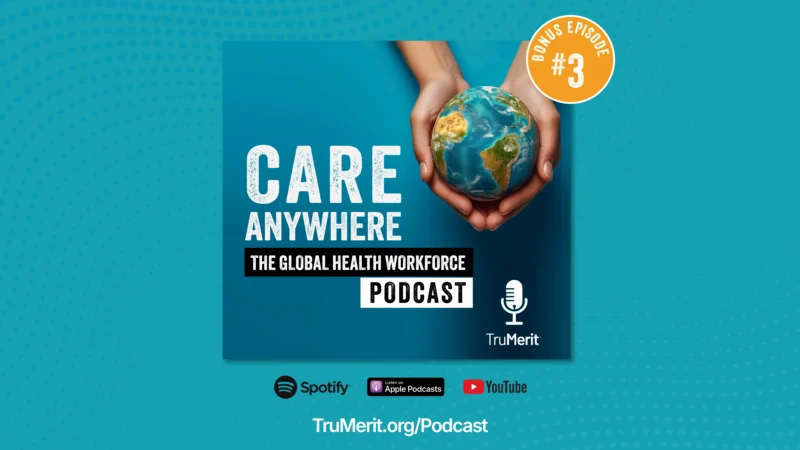What Telemedicine Trends Will Stick Around After the Vaccine Rollout?
The challenges healthcare executives and administrators face are constantly changing. Host Kevin Stevenson talks with the heroes behind the heroes that are enabling hospitals, urgent care centers and telemedicine operators to spend their time tending to patients, while they handle the logistics.
Telemedicine has been a lifeline for healthcare during the pandemic, and its further adoption could be a silver lining from the last year. I Don’t Care previously tackled telemedicine’s technology side. Today host Kevin Stevenson welcomed Dr. Joseph Pazona, a urologist and founder of VirtuCare, a specialist telemedicine platform, to talk about the physician side.
Pazona now practices in Nashville, but before that, he was in rural areas in Washington and Alabama, seeing many challenges. “These were lovely places, but it was difficult to practice cutting-edge medicine in a community that struggles to attract growth and new industries because that has a downstream effect on hospitals,” he said.
Access to specialty medical care is difficult in such parts of the country. Urologists are even harder to find. He explained, “By 2025, we’ll have a shortage of 7000-9000 urologists. We’re only training about 300 a year and don’t have the supply to meet the demand because of fewer slots in residency programs. Telemedicine is a way to bridge that gap.”
Many might think urology wouldn’t work in a virtual care environment. Pazona disagrees. “There are very few times I need to touch the patient physically. A urologist’s greatest asset is their wisdom in an area of medicine where many lack proper education.”
Realizing that consumers are battling a broken system with confusion in referrals, insurance, and other barriers, Pazona started VirtuCare. No referral or insurance is required to have a telemedicine visit with a physician.
“The platform is consumer-based and has cost transparency. I take patients as far as telemed will go. If they need hands-on, I refer them to a urologist in their area,” Pazona said.
As for the future, Pazona believes that telemedicine should continue to be a solution beyond the pandemic. “There is a silver lining because it sparked innovation and forces people to take control of their healthcare decisions,” he added.










